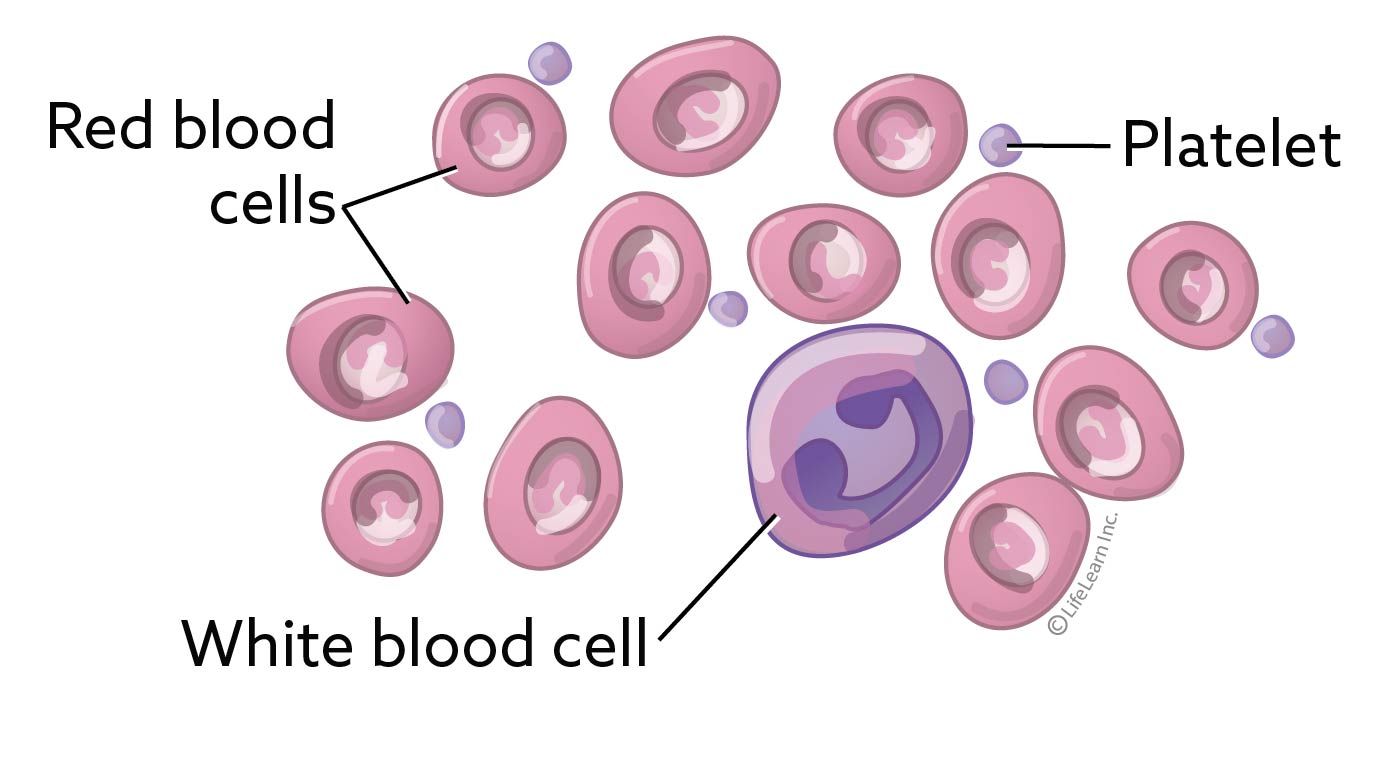Blood Work
What is involved in blood testing and screening?
There are two main categories of blood work: complete blood count (CBC) and biochemistry profile. Your veterinarian will advise you on how extensive the testing should be for your pet. In younger pets without noticeable health complaints, relatively simple testing may be adequate. In middle-aged patients, more comprehensive testing may be beneficial.
Complete Blood Count (CBC). This test gives information about the different cell types in the blood. These include red blood cells, which carry oxygen to the tissues; white blood cells, which fight infection and respond to inflammation; and platelets, which help the blood to clot. The CBC provides details about the number, size, and shape of the various cells types, and identifies the presence of any abnormal cells. It is a routine test used in all stages of health and illness and can indicate the presence of many forms of disease.
Biochemistry Profile. This is a panel of tests that provides information about the organs and tissues of the body, and helps to detect diabetes, kidney disease, liver disease, and other disorders. If minor abnormalities are found on the biochemistry profile, your veterinarian may suggest that the tests be repeated in a few days, weeks or months. If the abnormalities are more serious, then a more extensive diagnostic workup may be recommended, including an expanded biochemistry profile and imaging tests including radiographs (X-rays) or ultrasound.
Blood testing is a simple and effective way of monitoring your pet’s health. Early detection and correction of medical problems will help to ensure that your pet will have a long, healthy, and active life.




